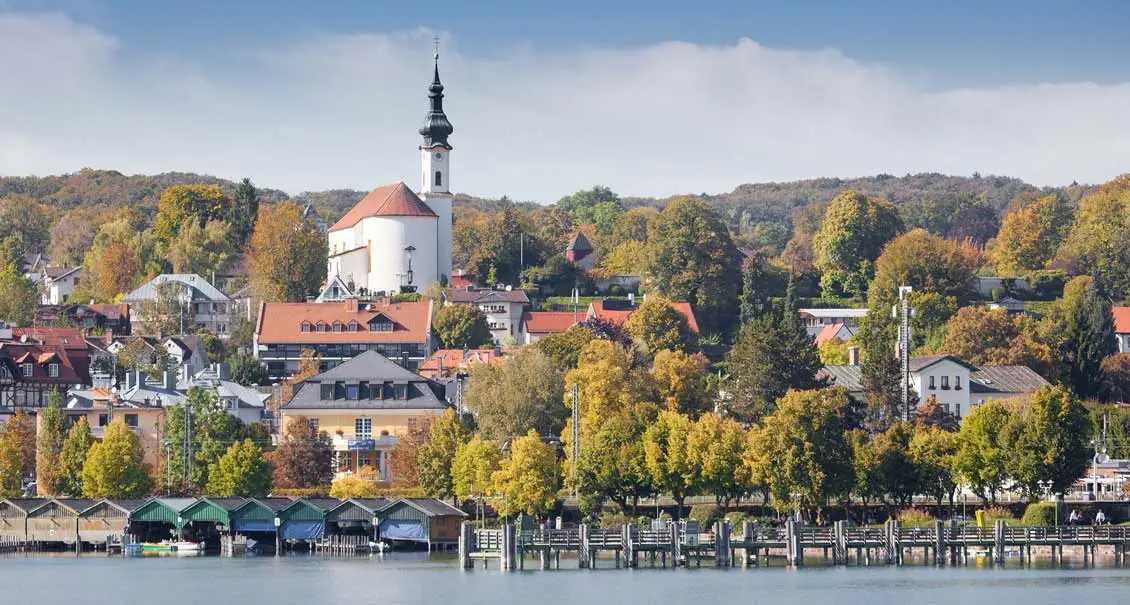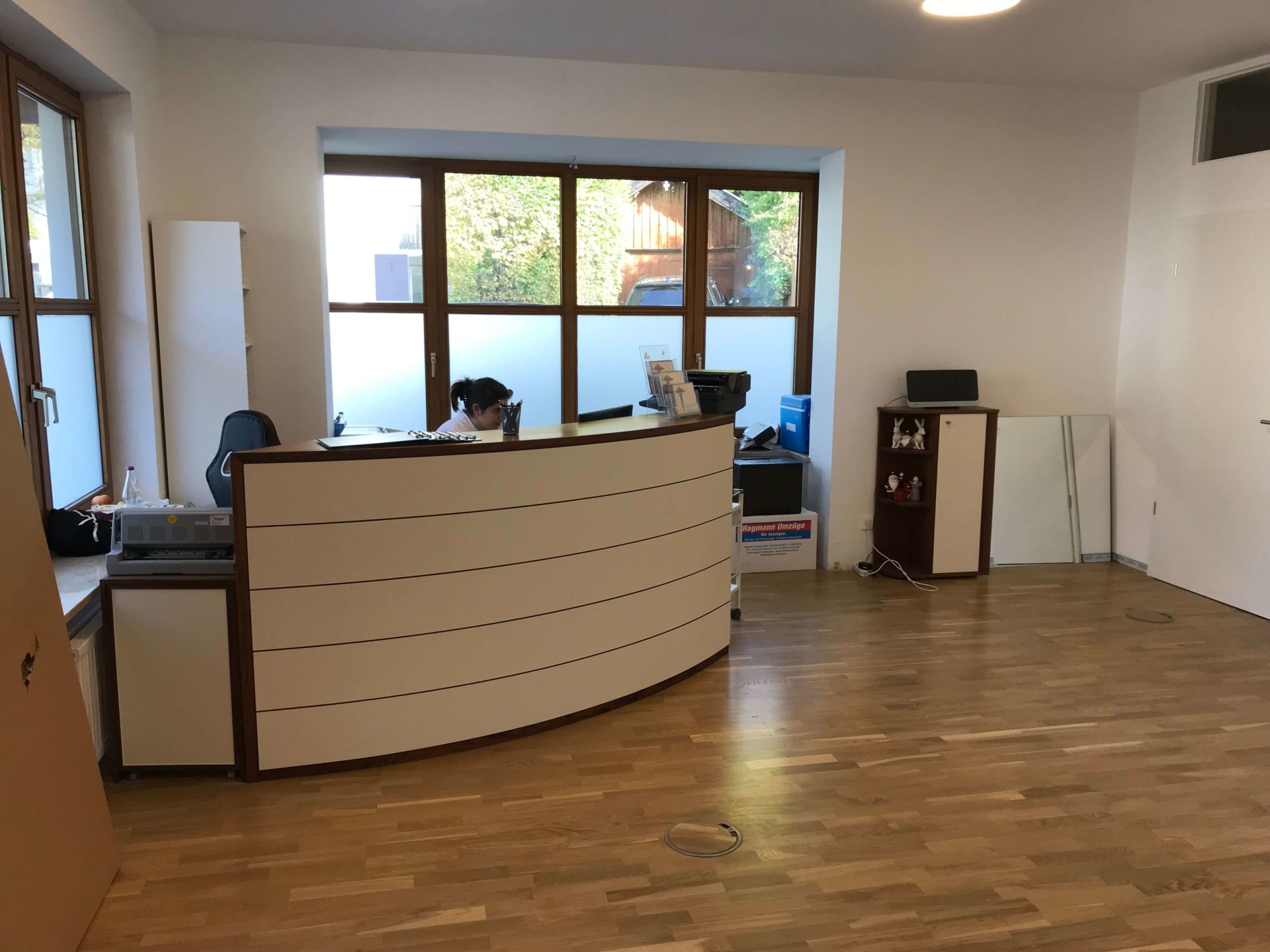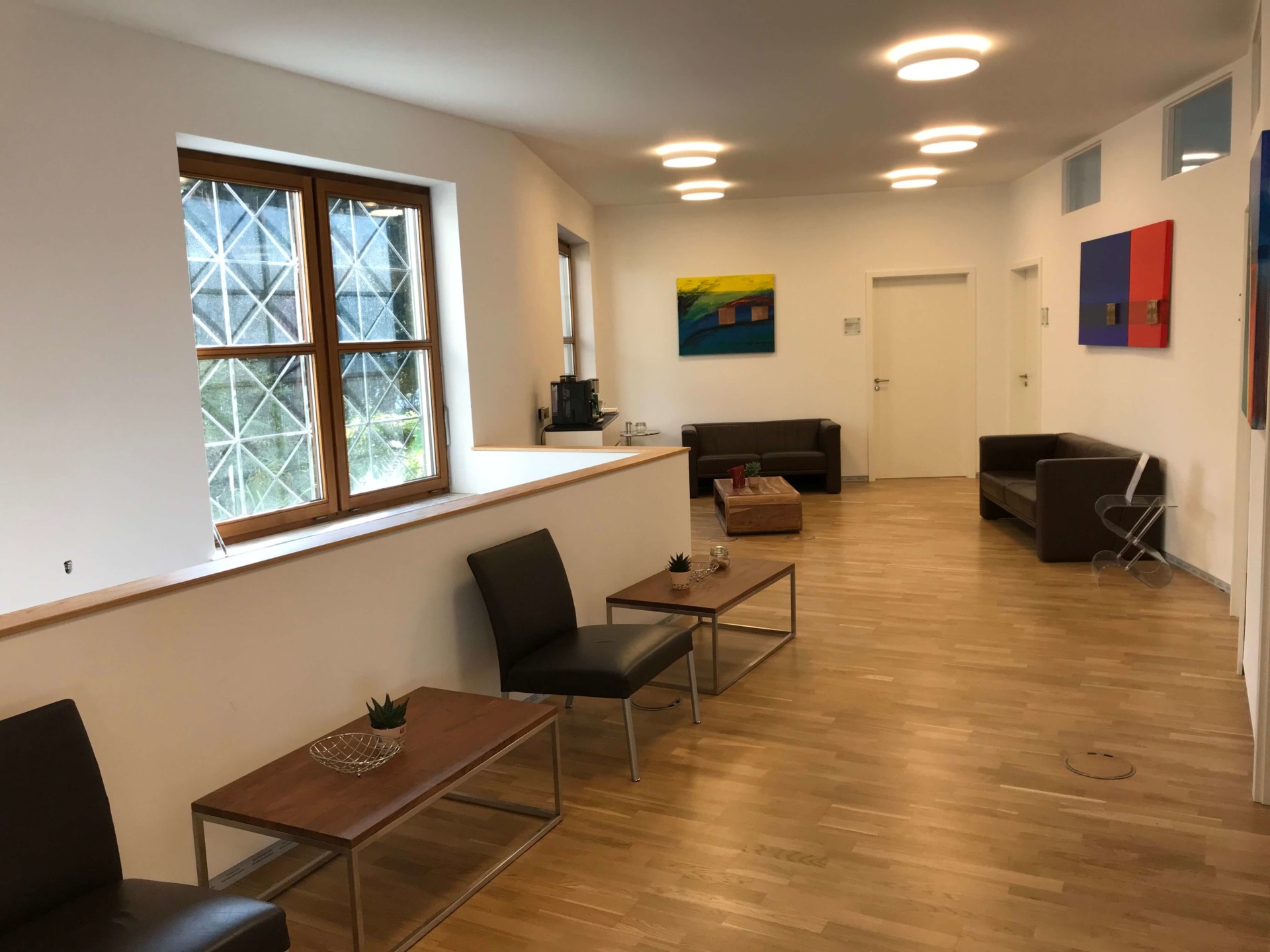LDG – Laboratories Dr. Gansauge is a modern oncology clinic located in the picturesque German city of Berg. This is one of the few medical institutions in Europe that specializes in the innovative method of treating cancer with dendritic cells LANEX-DC®. Dendritic cell therapy has revolutionized oncology. This is a fundamentally new method of treating cancer, based on stimulating the immune system of patients. The clinic of Dr. Frank Gansauge has conducted more than 2,500 courses of LANEX-DC® immunotherapy, which have proven the high effectiveness and safety of this technique.
LDG – Laboratories Dr. Gansauge
Vaccination with dendritic cells is the main activity of the LDG laboratory
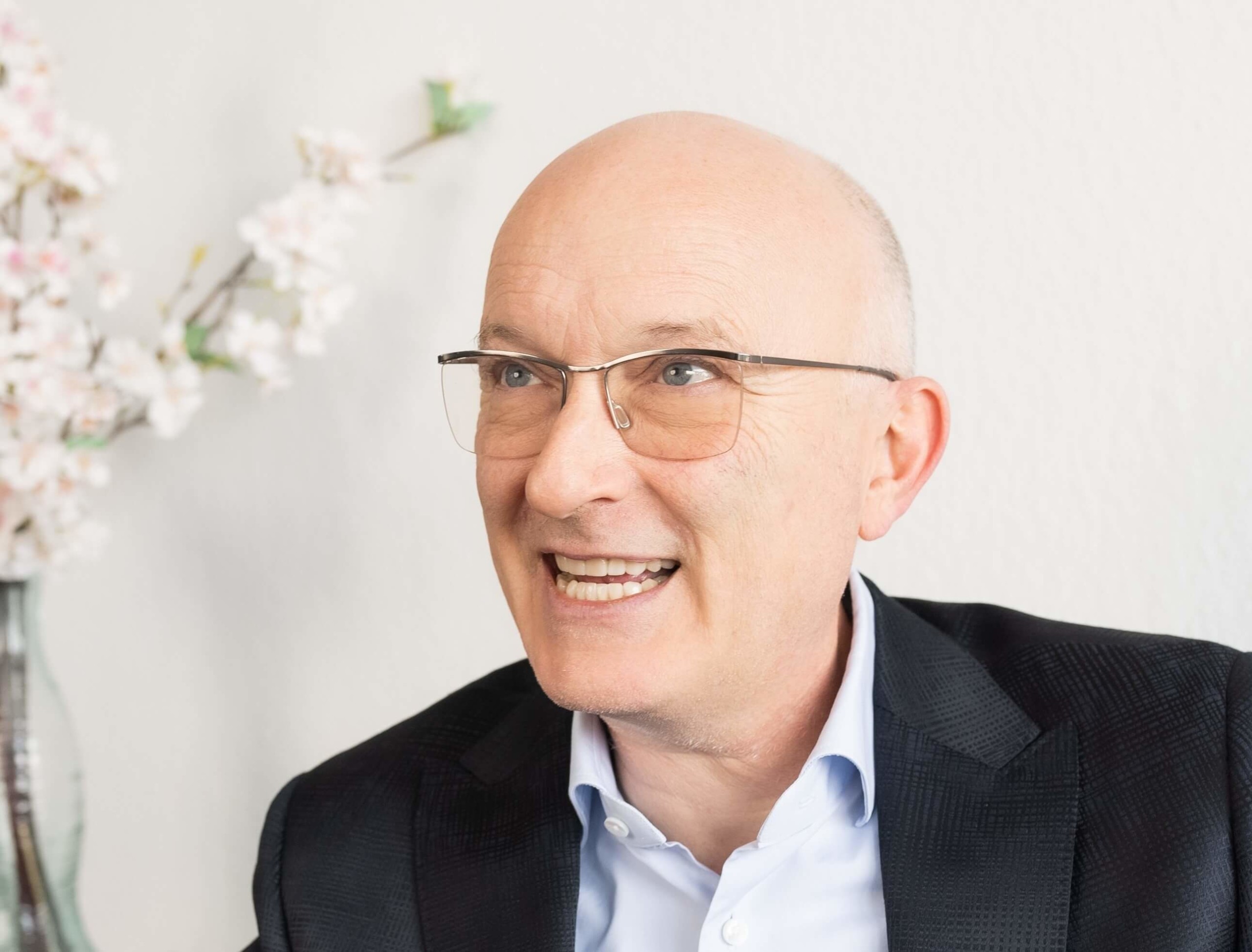
The founder of the clinic, Frank Gansauge, is a surgeon by training, but he considers immunology and immunotherapy in particular to be his main vocation. The professor and his team of scientists and doctors have been working in this field for more than 22 years. Immunotherapy is the main method used in the LDG laboratory, and the key focus of the work is treatment with dendritic cells for cancer. The Frank Gansauge Clinic became one of the first private medical centers in the world to receive permission to use dendritic cell therapy.
LDG Laboratory – non-standard approach to cancer treatment
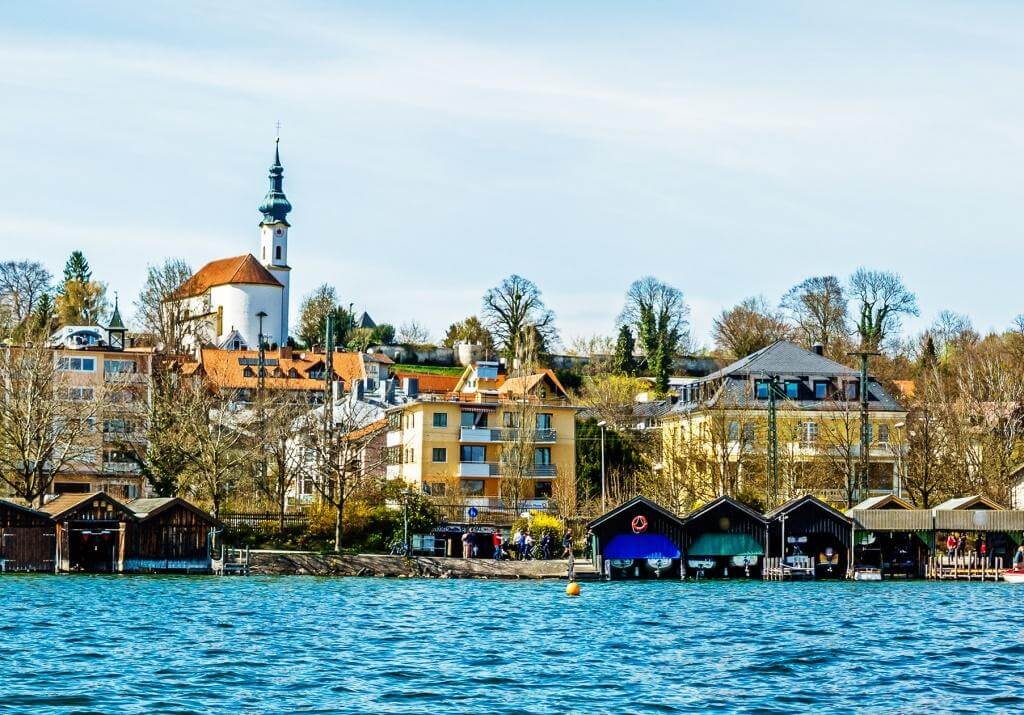
LDG – Laboratories Dr. Gansauge is very popular among patients. This is largely due to the non-standard approach to cancer therapy that is practiced here. The clinic’s doctors provide treatment in a comfortable environment. They do not use generally accepted algorithms, but combine highly effective classical techniques, which are included in clinical recommendations, with innovative types of antitumor therapy. A patient plays the main role in the therapeutic process. The LDG clinic strives to restore not only physical, but also mental health of a person.
How do dendritic cells work in simple words?
When infected with a virus or bacteria, the body first needs to determine the type of pathogen. Then it is necessary to identify the antigens of a virus or bacteria, and dendritic cells are the mediators in this process. They absorb antigens and present them in small quantities on their surface.
By contacting effector cells (specific lymphocytes), dendritic cells transmit information to them – (teach) them to recognize antigens of pathological agents. Trained lymphocytes attack viruses or bacteria at the site of inflammation. Dr. Frank Gansauge calls effector lymphocytes the “soldiers” and dendritic cells the “officers” of the immune system.
This mechanism also applies to cancer treatment. If dendritic cells are “loaded” with tumor antigens in the laboratory, when they enter the body they will train “soldiers” to recognize and destroy cancer cells.
In what areas of medicine are dendritic cells used?
Dendritic cell therapy is mainly used in oncology. It is prescribed mainly in cases where the tumor cannot be completely removed surgically or destroyed using radiation therapy. Currently, active research is underway on dendritic cells, which show their effectiveness in the treatment of almost all types of cancer pathology. Good results can be achieved in cancer of:
- prostate gland;
- mammary gland;
- stomach;
- ovaries;
- intestines;
- pancreas;
- renal cell carcinoma;
- melanoma.
Recent studies have proven the effectiveness of dendritic cell therapy for glioblastoma, as well as a number of other types of malignant tumors. Currently, scientists are evaluating the potential of dendritic clinics in the field of anti-aging medicine.
What is special about dendritic cell vaccination at LDG – Laboratories Dr. Gansauge in Germany?
Most oncology clinics offer several courses of vaccine therapy. Dr. Gansauge is able to achieve the same therapeutic results in just one course of treatment. This is due to the fact that in the LDG clinic dendritic cells are not frozen, but are administered to the patient “fresh” immediately after processing in the laboratory. In this way, it is possible to eliminate certain functional losses that are always associated with cryopreservation and storage of dendritic cells.
How is dendritic cell vaccine therapy performed at the LDG clinic?
A patient provides a doctor with information about the disease in advance: medical history, examination results, a list of treatment methods. Next, laboratory diagnostics are carried out. This is a necessary step because in some cases, for example, with low red blood cell counts, dendritic cell vaccine therapy may not be effective enough. If the patient already has laboratory results, it is not necessary to undergo tests again.
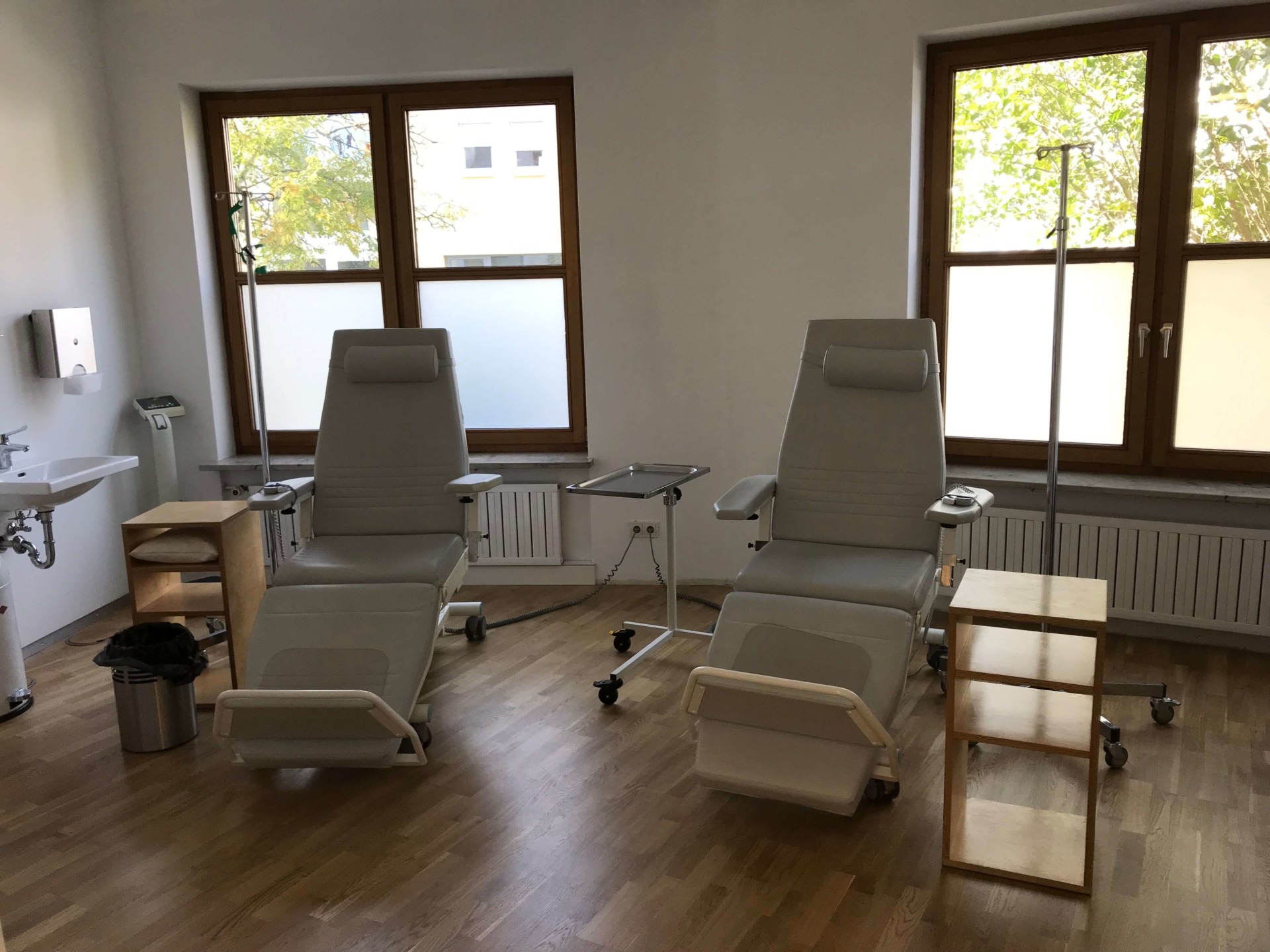
Depending on the patient’s body weight, the doctor takes from 150 to 200 ml of blood. After this, the biological material is immediately sent to the laboratory, where a vaccine based on dendritic cells is created. LDG – Laboratories Dr. Gansauge operates under the strict supervision of a number of organizations, including the European Medicines Evaluation Agency (EMEA), the Paul Ehrlich Institute, as well as local regional medical councils in Germany.
Vaccination with dendritic cells is accompanied by the administration of high doses of vitamin D, as well as the intake of water-soluble vitamins. It takes exactly one week to culture the dendritic cells, after which the patient returns to the clinic and is given the vaccine subcutaneously. After the injection, an intravenous vitamin infusion is immediately repeated. The actual course of treatment is 1 week.
The MedTour company has a long and fruitful cooperation with LDG – Laboratories Dr. Gansauge and Professor Frank Gasauge. If you are interested in dendritic cell treatment, please leave a request on this page. The MedTour coordinator will contact you as soon as possible, answer all your questions and help organize a trip to Germany for treatment.
Doctors in this hospital
Frequently Asked Questions
Dendritic cell therapy is most promising when only a small number of tumor cells are present in the patient’s body. It is already known that the immune system of patients with small tumors functions much better than that of patients with advanced cancer. As with chemotherapy and radiation therapy, the earlier dendritic cell treatment is started, the greater the chance of success.
Because dendritic cells are differentiated, they are not affected by chemotherapy or radiation therapy. Therefore, a dendritic cell vaccine can and should be combined with standard cancer treatment methods. Cancer vaccination is now officially an additional treatment option that must be combined with clinically recommended cancer therapy. An exception is made for patients who, due to health conditions or other reasons, cannot undergo chemotherapy or radiation therapy.
Compared to other forms of therapy, side effects following dendritic cell vaccination are very rare. If they exist, they are very insignificant, disappear after a short period of time and have virtually no effect on the patient. Therefore, treatment does not require a hospital stay; therapy can be carried out on an outpatient basis.
Dr. Frank Gansauge from the German clinic LDG Laboratories Dr. Gansauge says that there have been such cases in his practice. He clarifies that a number of patients achieved a complete response to dendritic cell therapy. This means that they have not experienced a recurrence of cancer over a period of 5 years as determined by medical examination.
Answering this question, Dr. Frank Gansauge cites the strictness of the German healthcare system as an argument. He argues that LDG simply would not have received approval for the dendritic cell vaccine unless the treatment had been proven effective in clinical trials. Today, dendritic cell therapy is recognized in Germany as a new method of treating cancer, which continues to develop.
You need to contact the MedTour coordinating doctor by leaving a request on this page. Our medical coordinator will contact you shortly and list the list of documents that will need to be collected. As a rule, it includes a statement from the attending physician, which contains all the diagnoses. It is also necessary to have fresh test results, based on which the doctors at the LDG laboratory can tell whether dendritic cell vaccination will be effective in your case.
Next, a specific date for treatment will be set. Medtour medical coordinators will help you resolve all organizational issues: preparation of travel documents, transfer to the airport, accommodation in a comfortable hotel, provision of an interpreter. Our task is to do everything possible to make your trip for treatment as comfortable as possible.
